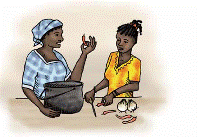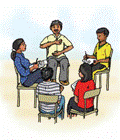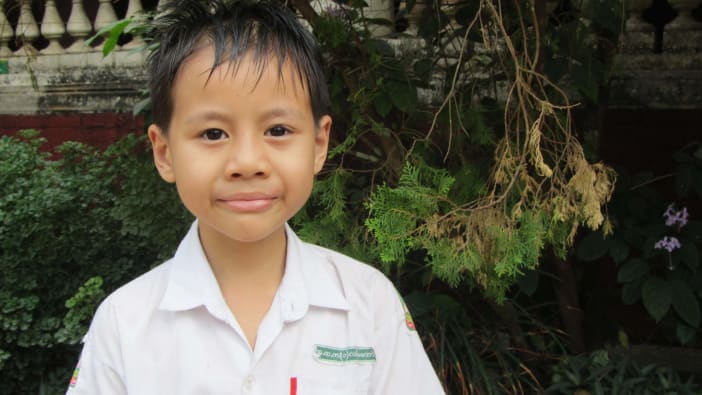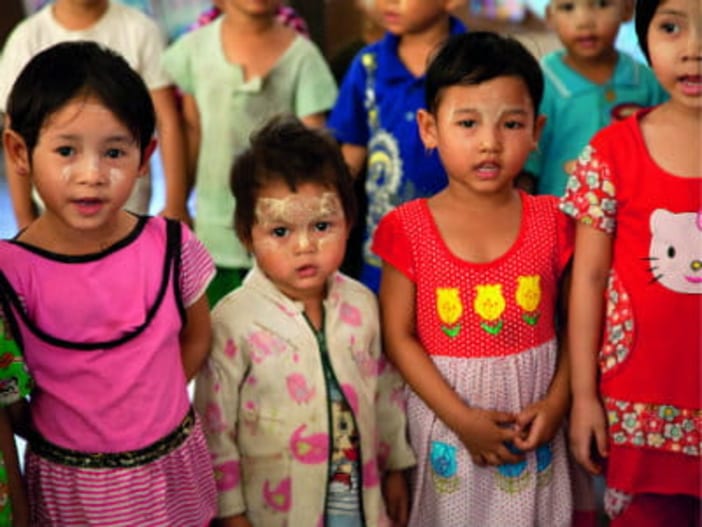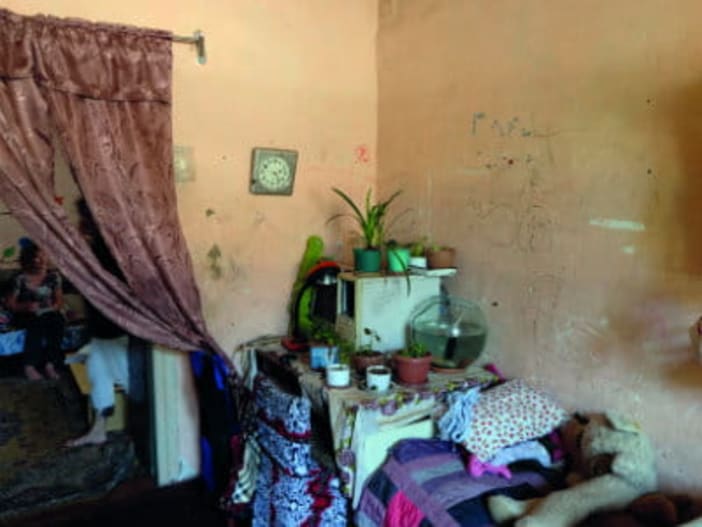We may think that we do not learn much in our everyday lives but when we take time to reflect on what we have learnt, it can be surprising and encouraging. It can also help us to plan learning goals for the future. Below is a worked example for you to copy and fill out, which will help you to reflect on the past and plan for the future. On the opposite page, we have suggested some alternative ways of learning which might help you to achieve your learning goals without expensive resources or formal training.
Step 1
Think of things you have learnt over the last month. They could be practical skills like family budgeting, recognising the symptoms of a disease, speaking a foreign language or facilitating a group discussion. Or perhaps a life lesson like how to handle difficult people or how to be effective in the workplace.
Step 2
Think about how you learnt this skill or lesson. We learn in many different ways. There are some suggestions below for you to choose from or you can add your own.
Step 3
Now, think of something you want to learn in the future. What do you want to understand better? What new skill would you like to have?
Step 4
Think about how you can learn this skill or lesson. What resources or people can help you to learn what you want to know?
To see the full diagram on the Steps click here (PDF 382 KB).
ONE-TO-ONE LEARNING
A lot of learning happens through a one-to-one conversation. It can involve someone passing on their knowledge and experience of an issue, or if they know very little about a topic, listening and asking questions which make you think about things in a new way.
These conversations may be unplanned and often happen informally. We listen to someone else and what they say makes us think and realise things we had not known before. If you find someone who is particularly good at passing on their own knowledge or is able to ask good questions that help you think for yourself, you could agree to meet regularly, perhaps once every couple of weeks for a few months. It is wise to agree what it is you want to learn through these more formal conversations so that you can reach your goal together.




